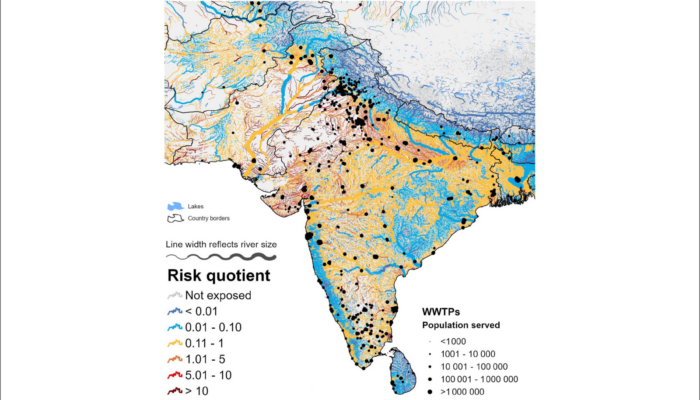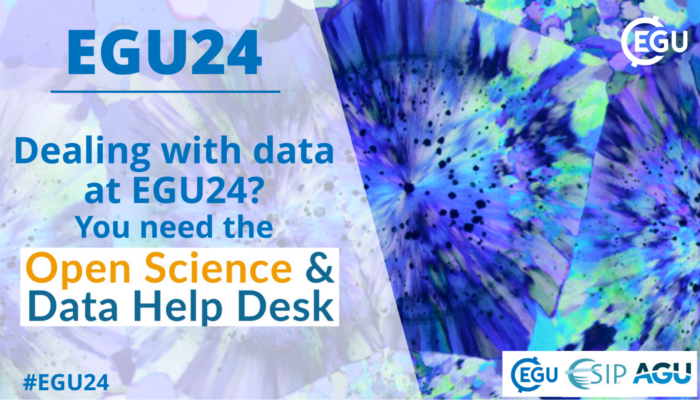Any journal editor will recognize this challenge: a new manuscript arrives for review. It’s great, and you’re enthusiastic about getting it into the system, but suddenly, there’s a problem. All the suggested reviewers are unavailable! What do you do now? Across publishing fields, it is becoming increasingly difficult to find suitable reviewers for scientific manuscripts. As the number of submissio ...[Read More]
Here is how HydroFATE, a new high-resolution model, is predicting contaminant hotspots in global waterways

Ever wonder what happens to the chemicals and medications we use once they go down the drain? The fourth Sunday of September each year marks the World Rivers Day, and this post is dedicated to our global rivers and what humankind can do to preserve our waters. This is because pharmaceuticals and household products, even after being flushed or washed away, don’t just disappear. Many of these substa ...[Read More]
Tropical rainforest, the lungs of our planet, might be releasing more than just CO2!

When I was thirteen years old, my family and I almost lost our lives due to a carbon monoxide (CO) leak. I never stopped thinking about that incident even though it happened over twenty years ago. Not only because it was a premature realisation of my own mortality, but also because of how sneaky it was: We did not smell it, see it, hear it, or feel it. It was a subtle and slow killer that could ha ...[Read More]
Dealing with data at EGU24? You need the Open Science and Data Help Desk!
Have you already encountered data questions such as: What data should I archive? What is FAIR? How do I write a good data management plan? or What does Open Science mean in practice? The Open Science & Data Help Desk is here for you at EGU24 in the Exhibition Hall X2 at #X212 and online! The Open Science & Data Help Desk features resources that can help researchers make their data and soft ...[Read More]


